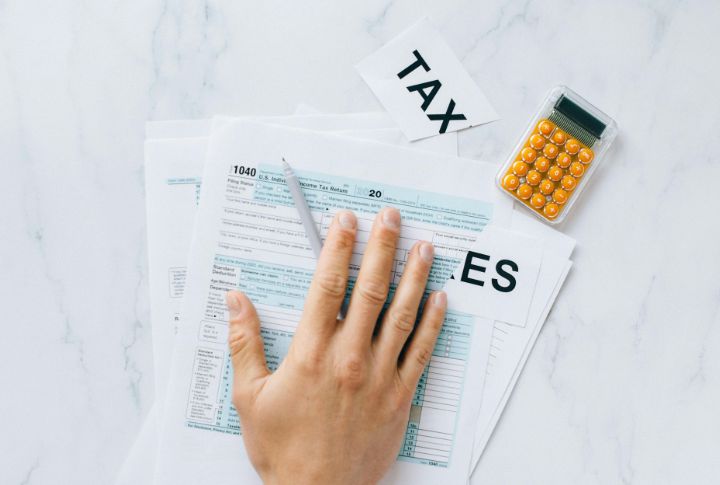
The golden years weren’t supposed to include financial stress, yet many Baby Boomers find themselves in precisely that situation. Traditional retirement plans have collided with modern economic challenges, creating a perfect storm of financial pressure. If you want to find out the true causes and practical insights for recovery, here’s a deeper dive into the details.
Insufficient Retirement Savings

Over half of Baby Boomers possess less than $250,000 in total assets. The numbers paint a troubling picture, with 27% of Americans aged 59+ having zero retirement savings (Credit Karma survey). By 2030, most Peak 65 Boomers will struggle to maintain their current lifestyle standards in retirement.
Delayed Or No Retirement

The traditional retirement dream has become a distant reality for many Baby Boomers. A 2024–2025 report by the Transamerica Center for Retirement Studies shows that 66% plan to work past age 65. Moreover, some say they do not plan to retire at all.
Insufficient Workplace Contributions

Workplace retirement savings among the Boomer generation reveal a concerning trend. Many have saved too little, with a median nest egg only enough to generate around $8,000 a year in retirement income (SmartAsset). So, a significant share of households remain at risk of falling short of what they’ll need to retire comfortably.
Population Impact

The “silver tsunami” refers to those who were born from 1946 to 1964, now retiring in large numbers. Unbiased reports that Boomers make up 20.58% of the U.S. population, and Zippia estimates Gen Z now accounts for 20.67%. The data shows how generational pressures affect boomers and ultimately America’s economic system.
Social Security Claiming Mistakes

Premature Social Security claims represent a major financial misstep for the boomer generation. Taking benefits at 62 triggers an automatic 30% reduction in monthly payments, according to the SSA. As life expectancy increases, the advantages of waiting until 70 become more significant for retirement planning.
Taxation Of Social Security

Tax regulations are still creating major headaches for Social Security recipients. Without any inflation adjustments to income thresholds, an increasing number of retirees must pay taxes on up to 85% of their benefits (SSA). Modern retirement planning emphasizes Roth accounts to avoid this growing tax burden.
Economic Ripple Effects

The mass retirement of 76 million Baby Boomers represents one of the largest demographic shifts in American history. This unprecedented change strains social support systems and retirement funds nationwide. The ripple effects touch everything from job markets to healthcare, creating economic pressures that will impact multiple generations for years to come.
Phased Retirement Challenges

Nearly half of employees say they would prefer to get into retirement by slowly reducing their responsibilities rather than stopping work suddenly. Yet only 14% of companies currently offer phased-retirement options (Stanford Center on Longevity), while a larger 41% of employers provide formal programs (Transamerica Institute).
Healthcare Costs & Rising Debt

Medical expenses are among the biggest financial threats facing retirement-age Americans. Fidelity estimates the average retired couple will need over $315,000 to cover healthcare costs throughout retirement. At the same time, many Boomers are carrying unprecedented levels of debt into their senior years.
Housing Instability And Downsizing Pressures

They’re also caught between rising living costs and homes that no longer suit their financial or physical needs. While some own property, ongoing expenses like maintenance and property taxes can strain limited retirement income. Others face tough choices about relocating or renting, often without affordable options that preserve comfort and community.

